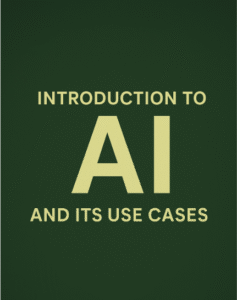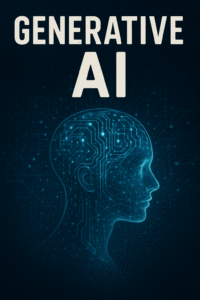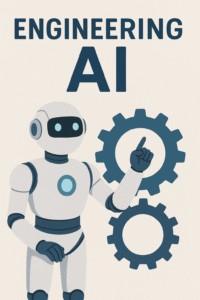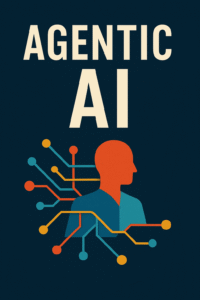Data Science and Data Analytics are two interrelated fields that are concerned with extracting insights and knowledge from data. While the two terms are often used interchangeably, they have different areas of focus and techniques.
Data Science involves the use of statistical and computational techniques to analyze and interpret large and complex datasets. It is an interdisciplinary field that combines expertise in mathematics, statistics, computer science, and domain-specific knowledge. Data Science typically involves the following steps:
- Data Cleaning and Preprocessing: This involves cleaning and organizing the data, removing outliers and missing values, and preparing the data for analysis.
- Exploratory Data Analysis (EDA): This involves visualizing and summarizing the data to identify patterns, trends, and relationships.
- Model Building: This involves developing statistical models and machine learning algorithms to make predictions or identify relationships in the data.
- Model Evaluation: This involves testing and validating the models using new data to ensure their accuracy and effectiveness.
Data Analytics, on the other hand, involves the use of tools and techniques to extract insights and knowledge from data. It focuses on analyzing data to make better business decisions and improve performance. Data Analytics typically involves the following steps:
- Data Collection: This involves gathering data from various sources, such as databases, web scraping, or surveys.
- Data Cleaning and Preprocessing: This involves cleaning and organizing the data, removing outliers and missing values, and preparing the data for analysis.
- Data Visualization: This involves creating visual representations of the data to help identify patterns and trends.
- Data Analysis: This involves using statistical and computational techniques to analyze the data and extract insights.
- Data Presentation: This involves communicating the findings to stakeholders using reports, dashboards, or other visualizations.
Overall, both Data Science and Data Analytics are critical in helping organizations to make better decisions and drive growth. While Data Science focuses on developing models to predict future outcomes, Data Analytics focuses on extracting insights from data to improve current performance.
Data Science and Data Analytics are two fields that require specialized skills in data analysis, statistics, and programming. Here are some of the common job roles in these fields:
- Data Analyst: A data analyst is responsible for collecting, processing, and analyzing data to provide insights that help businesses make informed decisions. They need to have expertise in data visualization, statistical analysis, and programming languages such as SQL and Python.
- Business Analyst: A business analyst uses data to help businesses improve their operations and make informed decisions. They need to have expertise in data analysis, business processes, and project management.
- Data Scientist: A data scientist designs and develops algorithms and models that analyze data and provide insights. They need to have expertise in statistics, machine learning, and programming languages such as Python and R.
- Data Engineer: A data engineer is responsible for designing and maintaining data pipelines, databases, and storage systems. They need to have expertise in database design, data modeling, and programming languages such as SQL and Python.
- Database Administrator: A database administrator is responsible for managing and maintaining databases and data systems. They need to have expertise in database design, security, and backup and recovery procedures.
- Data Architect: A data architect designs and implements data systems that support business objectives. They need to have expertise in data modeling, database design, and programming languages such as SQL and Python.
Overall, Data Science and Data Analytics are rapidly growing fields that offer a wide range of job opportunities. The key skills required for these job roles include expertise in data analysis, statistics, and programming languages, as well as strong problem-solving and communication skills.











